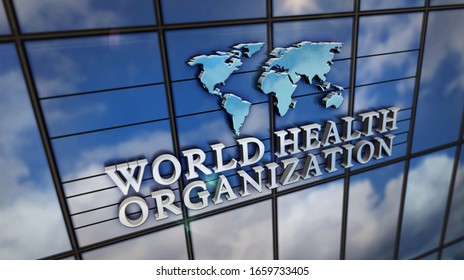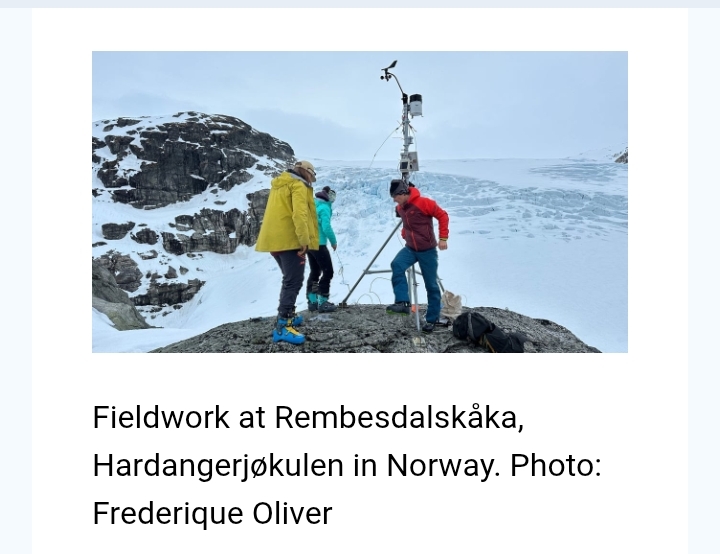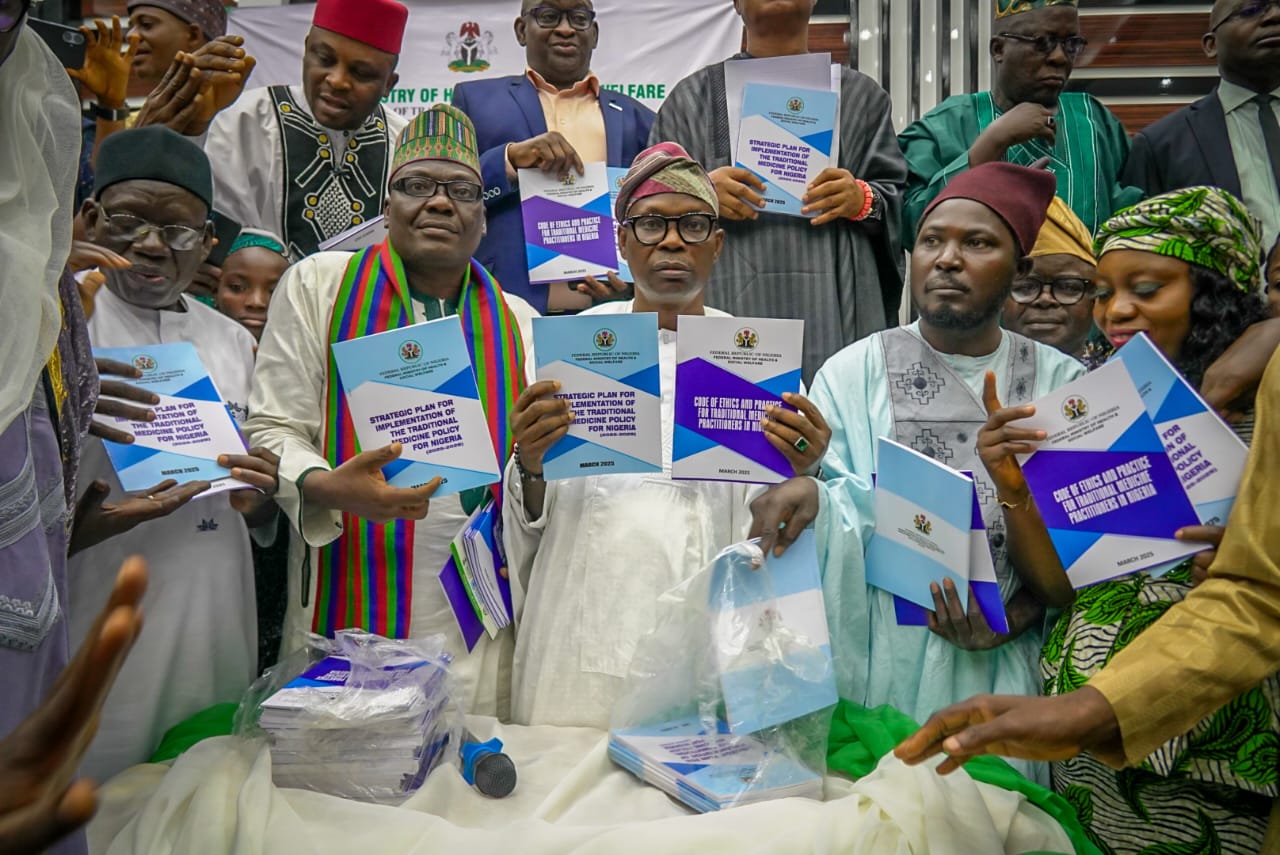African Vaccination Week 2025: 6.7 million children unvaccinated, WHO Renews Call for Equitable Immunization Access Across Africa

By Fatima Saka
As African Vaccination Week 2025 kicks off from April 24 to 30, the World Health Organization (WHO) has reiterated its commitment ensuring every child and community across the continent has access to lifesaving vaccines.
In a powerful message marking the week, Dr. Chikwe Ihekweazu, Acting WHO Regional Director for Africa, described immunization as “a fundamental right, a shared responsibility and a vital investment in our future.” Citing the staggering impact of vaccines which have saved an estimated 154 million lives over the past 50 years.
Dr. Ihekweazu called on African governments and partners to close the remaining gaps in vaccine access,
The regional director stressed on the significant immunization challenges. “In 2023, 6.7 million children on the continent remained unvaccinated, contributing to persistent measles outbreaks and the continued threat of vaccine-derived poliovirus. One in five children in Africa are still under-vaccinated.
This year’s theme, “Immunization for all is humanly possible,” serves as both a call to action and a message of hope. It aligns with the midpoint review of the Immunization Agenda 2030 (IA2030) a global push for equitable vaccine coverage by the end of the decade.
“Now is the time to accelerate progress, expand coverage and close immunity gaps,” Dr. Ihekweazu emphasized, highlighting the importance of initiatives like The Big Catch-Up and the introduction of new vaccines, including for malaria and human papillomavirus (HPV).
Noteworthy progress has been made in the fight against vaccine-derived polio. Between 2023 and 2024, the African region recorded a 93% decline in circulating variant poliovirus type 1 and a 65% drop in type 2 cases. These gains signal that eradication is within reach if momentum is maintained in high-risk areas like the Lake Chad Basin and the Horn of Africa.
A high-level meeting in February 2025, co-hosted by WHO, the African Union, and partners including Gavi and UNICEF, reviewed regional progress since the 2017 Addis Declaration on Immunization. While the meeting celebrated stronger systems and growing political will, it also spotlighted enduring obstacles, including financing shortfalls, inequity, and data limitations.
Dr. Ihekweazu issued a strong appeal: To governments: increase domestic investments and secure long-term funding for vaccines.
To health systems: integrate vaccines into primary care and broaden access.
To communities: reject misinformation and vaccine hesitancy.
To global partners: continue supporting equitable vaccine access.
The WHO Regional Office for Africa reaffirmed its support for countries and partners working to ensure immunization for all becomes reality. “Vaccinated communities are healthy communities, and no one should be left behind,” Dr. Ihekweazu concluded.
Highlights from across the region:
Uganda launched its largest malaria vaccine campaign to date.
Ethiopia vaccinated close to 1 million zero-dose children as part of its Big Catch-Up program.
Angola vaccinated over 1 million people to control a cholera outbreak.
Sierra Leone began an Ebola vaccination drive targeting frontline health workers.
Countries in the Sahel and Lake Chad Basin coordinated a joint plan for polio eradication.





